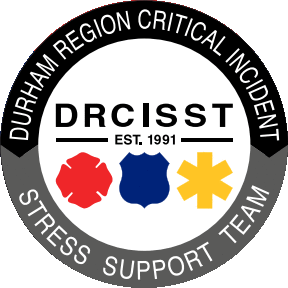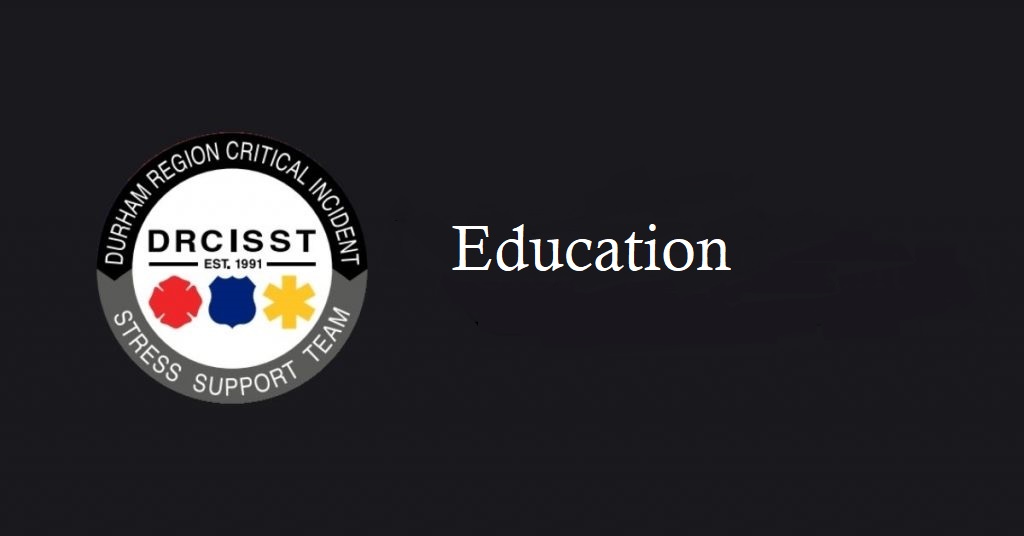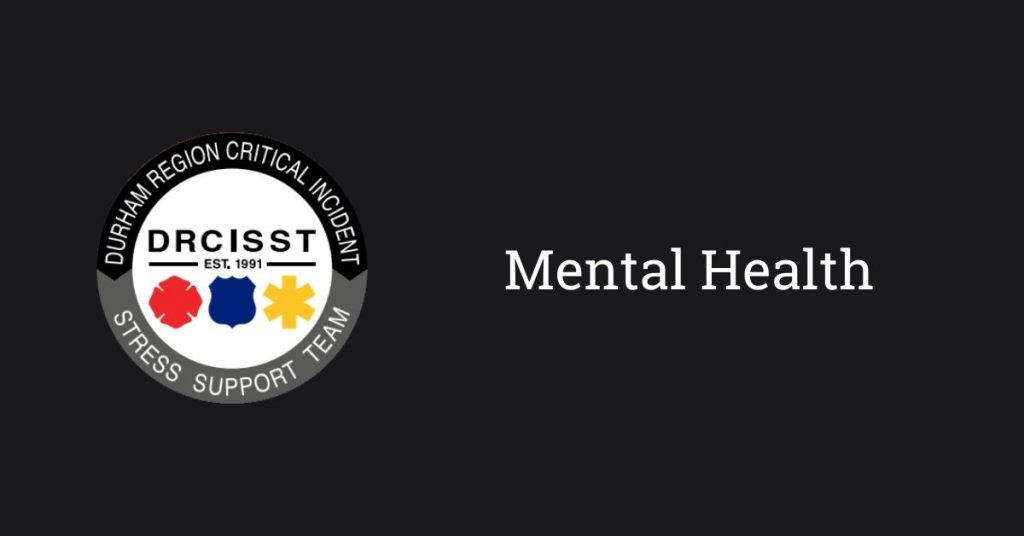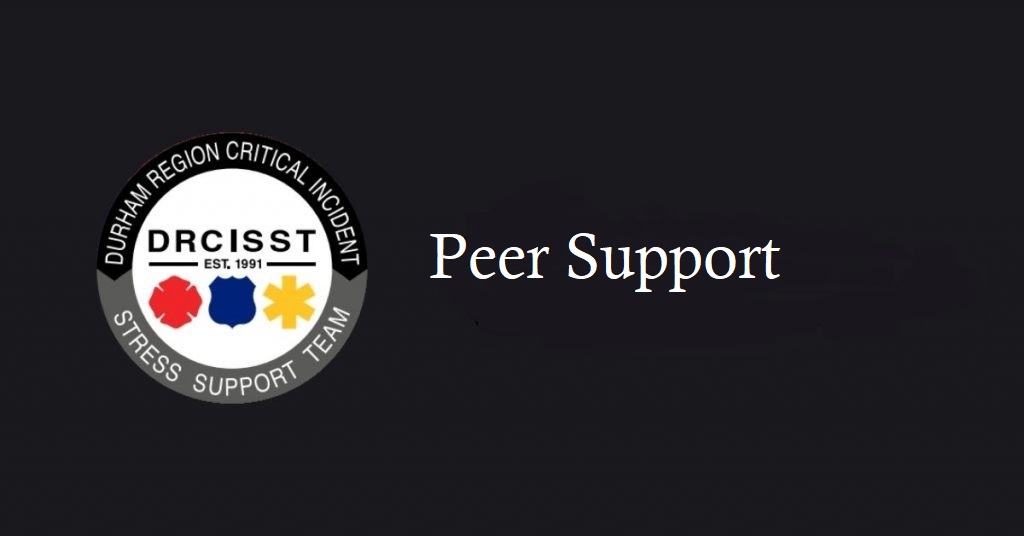From the Conclusion of the CISM Key Papers and Concepts Manual written by Dr.George Everly Jr, PhD, ABPP (John Hopkins University School of Medicine and Jeffrey Mitchell, PHD University of Maryland, Baltimore County.
Critical Incident Stress Management – the development of an effective CISM program, requires that a number of essential factors be in place within an organization or a community. The first factor is appropriate education and training. Knowledge of the core principles of Crisis Intervention and the scope of CISM services is crucial. CISM was founded with the use of well-trained peer support personnel. The various structured crisis intervention models within CISM serve useful purposes especially for peer support personnel who do not have the benefit of university degrees and certifications in mental health. Peers are highly motivated to assist distressed colleagues. Years of anecdotal data suggest that specially trained peer support personnel can be effective in delivering support services to their colleagues and others in need of crisis intervention.
We define a “Critical Incident” as any situation faced by emergency service personnel that cause them to experience unusually strong emotional and/or physical reactions with the potential to interfere with their ability to function at the scene, or later. A critical incident may occur at a particularly intense scene or one that appears largely routine. Everyone in attendance may experience critical incident stress reactions, or they may only be experienced by a single member. It is noteworthy that research has identified that 85% of emergency services personnel will experience one or more critical incident stress reactions during their career.
Critical Incident Stress: A series of normal reactions experienced by normal people, in response to abnormal events.
Psychological First Aid (Crisis Intervention): Includes short term psychological and social support following an abnormal stressor, providing humane, supportive, and practical help (via credible supporters), to persons who have experienced serious crisis events.
Members who provide emergency service assistance to the public are increasingly aware of the toll that their unique occupational stressors take on the quality of their personal lives. The nature of the calls that these employees take exposes these individuals (routinely or periodically) to stressful events, which they may or may not be able to work through satisfactorily on their own.
Factors that cause stress to one individual may be non-stressful for another, but research has shown that only a very small percentage of people who deal with emergency situations are not affected by occupational stress. Approximately one-half of those who demonstrate reactions related to stress could resolve their stress reactions on their own; the other one-half continue to be affected. Responses to stress may be immediate and incident specific; they may be delayed for a period of time after the incident; or they may be cumulative, building up over long periods and many incidents or they may be organizational responses.
Multiple personal and external factors affect an individual’s response to stress including the individual’s personal qualities, past experiences and the (internal and external) resources available to him or her. It has been demonstrated that certain events, such as the death of a child, the death of co-worker, and multiple casualty incidents are particularly stressful. Any of these events, plus a host of others, may cause or contribute to a critical incident (trauma) for a worker or group of workers.
Personnel respond favorably to support services where the emphasis is on learning and education. The incorporation of peer support personnel into CISM process has proven through scientific research to be most successful. The solution to the critical incident stress (post trauma stress) problem is a multidimensional crisis intervention/ psychological first aid program that includes proactive education, peer support, reactive support and referral components.





